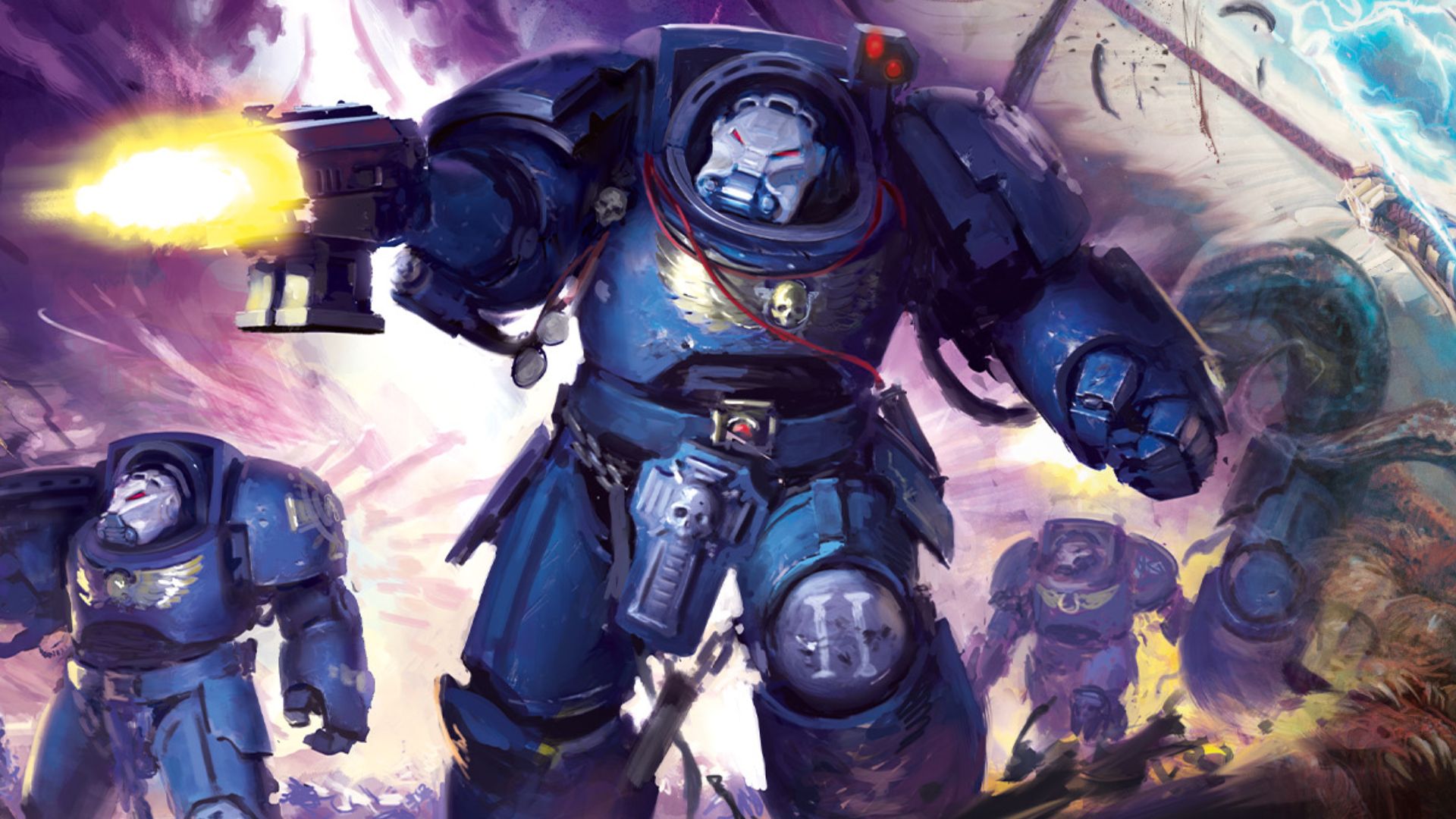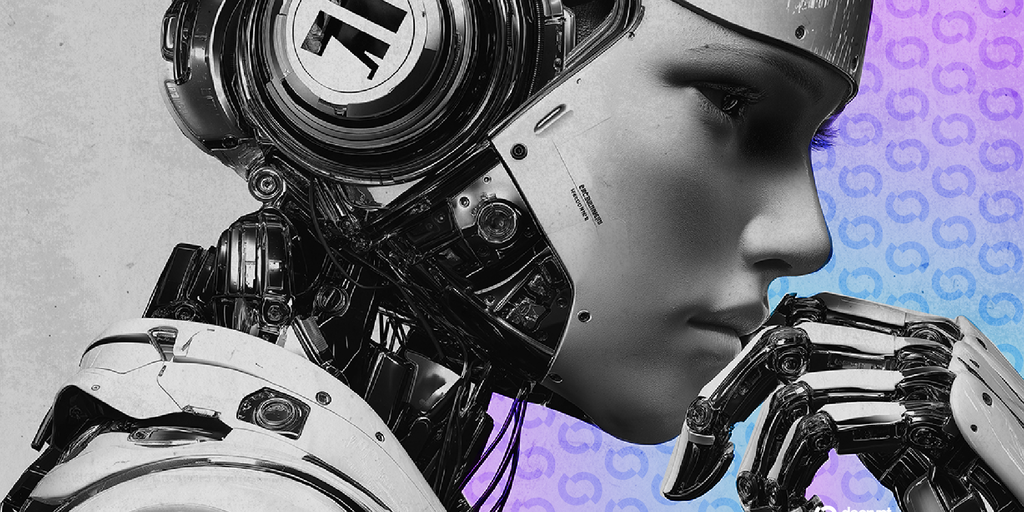Copyright Screen Rant

Some of the highest-rated TV shows of all time might not be quite as spectacular as their popularity would indicate. It's no easy task for a series to gain a grip on popular culture, and more often than not, they fade away into obscurity. Every now and then, however, a project ends up on the air that no one can stop talking about. Of course, that high praise tends to continue on even after a show has lost its spark. Just because a show may be considered overrated doesn't mean that it is full-stop bad. The quality of a TV series is largely determined by overall viewership and reception, and everything on this list checked the right boxes in this regard. An overrated TV show simply hides its less favorable qualities behind the more favorable ones, leading viewers to label it a masterpiece despite otherwise rather glaring faults. Glee From the time Glee premiered in 2009 to its conclusion in 2015, it seemed to have a chokehold on teen and young adult audiences. The jukebox musical teen drama certainly delivered on what it was. Some of those song covers were truly spectacular, and there's no doubt that the show's cast was talented. The problem with Glee was that it ran out of ideas rather quickly. The writers really leaned into the "anything goes" mindset in the plotline, but the show's popularity continued nonetheless, since the musical aspect remained strong. The Big Bang Theory Between 2007 and 2019, The Big Bang Theory set several impressive records in viewership, budget, and guest stars. Perhaps even more intriguingly, The Big Bang Theory connected with a shockingly wide demographic, appealing to viewers of all ages. Part of The Big Bang Theory's success came down to its fresh idea. Rather than a group of traditionally attractive and charismatic pals, like Friends, this series centered on genius nerds. The problem came as the jokes grew quite stale. The central plotline was slow-moving, while the same handful of nerd and neurodivergent puns were played on repeat. American Idol American Idol sparked a massive wave of reality talent competitions and is still remembered as the original in the genre. The show has also turned out some pretty impressive stars, furthering its reputation. For years, American Idol was one of the most-watched TV shows in the United States. Despite these impressive accomplishments, American Idol can hardly be considered quality television. Early seasons relied heavily on mocking contestants, and even today, the show focuses more on the singers' stories than on their talent. Family Guy Created by the very talented Seth MacFarlane, Family Guy has developed a rather impressive legacy over the years. The show's unabashed comedy allows it to make, at times, some pretty powerful statements about society, all while remaining absolutely hilarious. The primary issue with Family Guy tends to plague animated adult comedy shows—it tries unnecessarily hard to be controversial. Over the years, interest has waned, but this isn't because anything has really changed with Family Guy. It's the same as it always has been, but without that novelty factor, the show falls a bit flatter. Seinfeld Seinfeld is another sitcom that revolutionized TV comedy—and there's no denying it. The series' somewhat aimless, dark comedy was a brand new idea in the 1990s. The proof is in the pudding, since Seinfeld is one of the rare sitcoms with multiple seasons that earned a 100% score on Rotten Tomatoes. When peeling away the nostalgia of Seinfeld, however, it's a bit harder to see what made it such a hit. The comedy's success lies mainly in the stars' physical performances, so the jokes themselves didn't need to resonate. A few decades later, several other sitcoms have done it better. This Is Us This is Us is another TV show that caught our attention with a unique premise. Season 1 bounced around through time, and the writing was clever enough to keep viewers in the dark while revealing key details about the characters' futures. It was certainly hard to stop watching. Unfortunately, This is Us is also another TV show that hid its faults behind its strengths. That unique form of storytelling lasted all the way to the end, but the emotional stakes and weight had essentially evaporated. Still, This is Us aggressively used its music and dramatic monologues to manipulate viewers into thinking they were watching something meaningful. Young Sheldon It was pretty interesting that the first spinoff to come from The Big Bang Theory had an entirely different format. Young Sheldon is still a sitcom, but far more dramatic and serialized—quite a contrast to the multicamera, laugh-track approach of The Big Bang Theory. This shift seemed to allow Young Sheldon to become a rare success among sitcom spinoffs. Still, it's important to note that Young Sheldon's success hinged significantly on the popularity of The Big Bang Theory. It revolved around the exasperation of those around Sheldon, and, therefore, continued with many of those same jokes. Throw in the endless retcons to Sheldon's established background, and Young Sheldon is perhaps not as high-quality as its success would suggest. Squid Game Squid Game took the world by storm when its shocking first season arrived on Netflix. There was something about the juxtaposition of the children's games with deadly consequences that put us in a chokehold. Add in the intriguing social commentary, and there's no doubt that Squid Game deserved the initial attention it got. The trouble came with Squid Game's later installments. Season 2 introduced a new, impactful social theme, but it was dragged out across seasons 2 and 3, significantly watering down its impact. The focus was instead placed almost entirely on the shock factor of the brutal games. This show deserved the hype, but it became overrated because of the brutality. Lost Lost was another long-running series that it seemed everyone was talking about for a time. Between 2004 and 2010, the series kept viewers guessing with a variety of intriguing mysteries, all of which seemed to be building to something spectacular. There was every reason to believe this would pay off. Unfortunately, Lost ultimately revealed that its twisting and turning storyline wasn't as methodical as everyone assumed. The show's resolution was infamously disappointing and unsatisfying. Lost ended up retroactively revealing that the writing wasn't so great after all. Friends Friends is easily one of the most famous sitcoms of all time. The viewership and, notably, the salaries of the central cast were entirely unheard of at the time. Friends was the very definition of a cultural phenomenon. In many ways, David Crane and Marta Kauffman's most notable success with Friends was in the casting. These stars made the series. Without them, the jokes and story might never have been noticed. It's an example of one element within a series working so well that underperformance gets swept under the rug.



